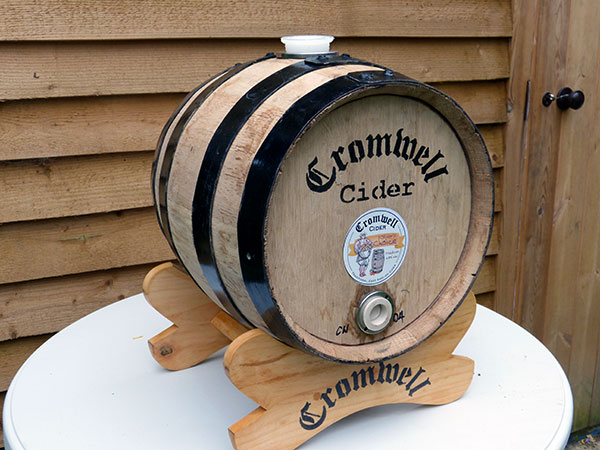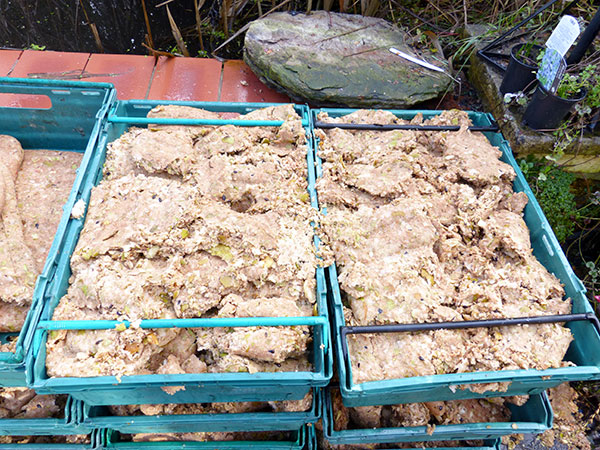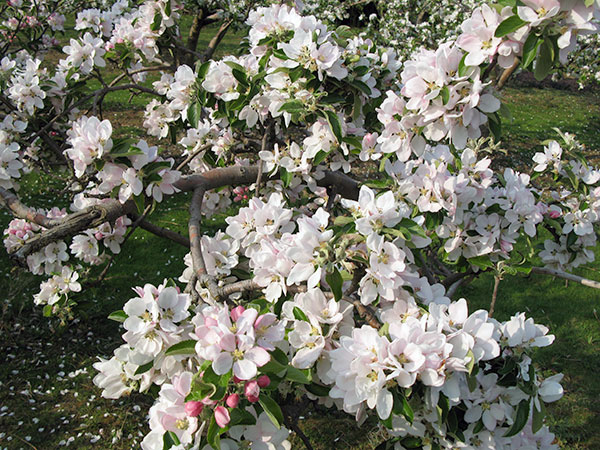About Cromwell Cider
What do you do with 20 tons of apples?
Where it all began
Long before my time and following my Grandfather’s retirement from the army after WW1, it was his dream to become the county’s major supplier of honey. Whilst transporting a newly begot swarm from Hilton to his home in Fenstanton, the bees escaped, forcing Grandfather to beat a hasty retreat leaving pony and trap and bees in an abandoned orchard. Dreams rarely come to fruition, but after three generations my family is the proud owner of 26 stocks of bees and the Orchard.
Cromwell’s home ground is between Huntingdon and Cambridge
This was traditionally a fruit growing area and both Grandfather and Father were successful in selling apples and plums. With the advent of cheap foreign fruit and supermarkets however, the days of home grown fruit declined and traditional orchards have largely given way to wheat, barley, and oilseed rape.
When I took over The Orchard it was the last in the area and an island in a sea of cereal crops. In fact, a haven for bird life, particularly Bull Finches who have a taste for plum buds and wiped out any chance of continuing growing plums. This was compounded by the demises of local fruit shops and the fruit auctions in the market towns of St Ives and St Neots, and begged the question – what do you do with 20 tons of apples nobody wants?
To be truthful the Orchard was abandoned and destined to become a sanctuary for birds and other wild life. Its saviour, came in the shape of an old friend, who having retired expressed a wish to sell apples at local boot sales. Freshly picked apples is something most people have not experienced, we now supply in-season fresh apples to a wide range of farm shops and local vendors.
Albeit successful, the demand was only for the best quality apples, and what do you do with the rest – you juice it of course. Well yes, but we knew little about juicing and particularly the need to quickly pasturise to prevent fermentation, so we unwittingly became Cider Makers!


